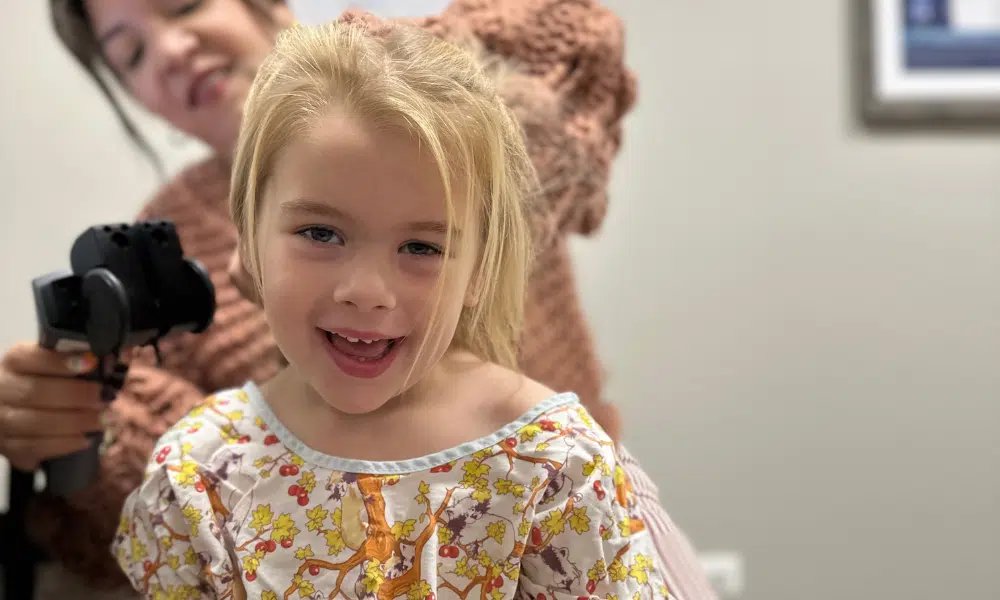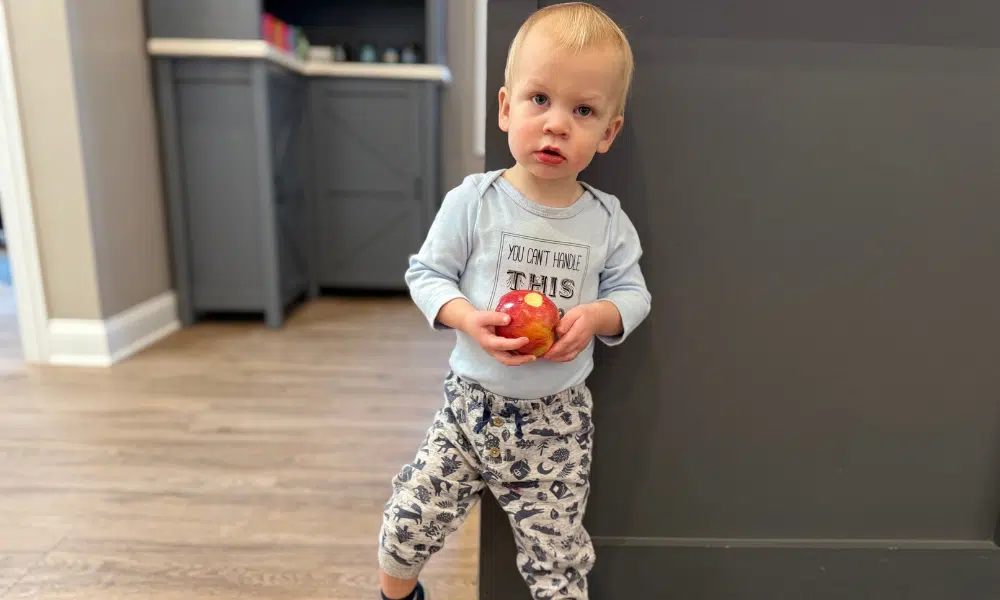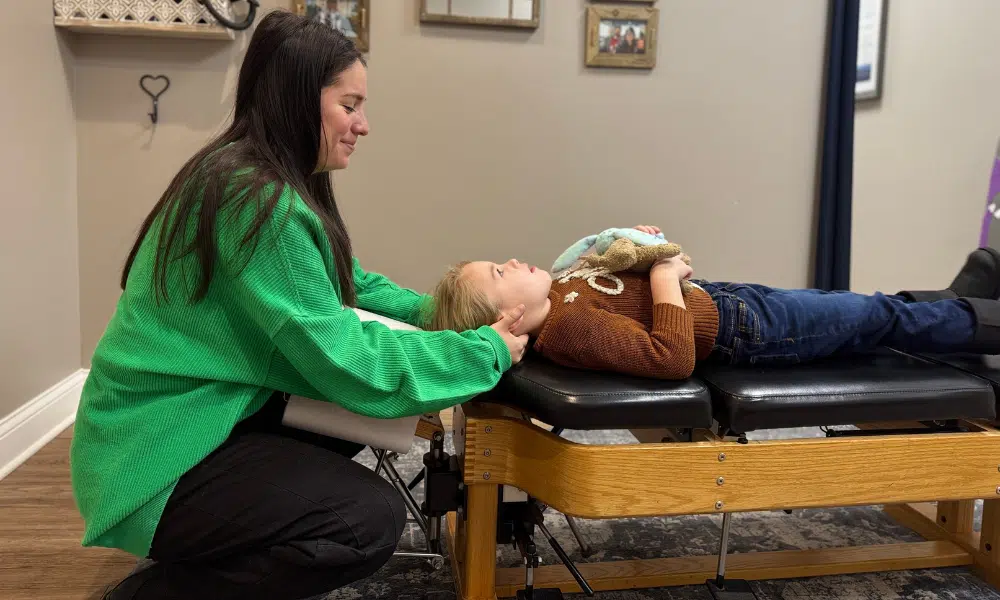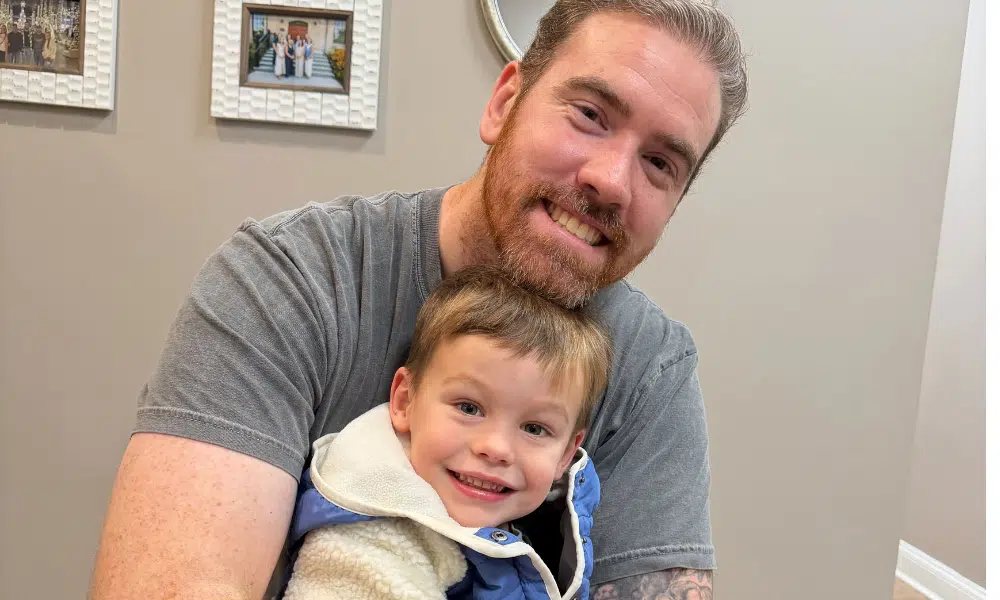As a parent, watching your child learn to crawl, walk, and explore the world around them is one of the most exciting and rewarding experiences. But what happens when your child seems to struggle with these fundamental skills? For many parents, seeing their little one face challenges with the development of motor skills can be a source of tremendous worry and frustration.
You may have noticed that your child isn’t reaching developmental milestones at the same pace as their peers or seems to struggle with tasks such as grasping objects, crawling, or walking. You’re not alone—nearly 17% of children experience at least one developmental delay, meaning they are behind in achieving their milestones. These concerns are valid and deserve attention, as motor skills play a crucial role not only in physical development but also in cognitive, social, and emotional growth.
We understand the complexities of the development of motor skills and the impact it can have on a child’s overall well-being. Our unique, Neurologically-Focused approach looks beyond the surface-level signs to identify and address the underlying causes of motor skill issues, offering hope and solutions for families seeking answers.
In this article, we’ll dive deep into motor skills, exploring their importance, the factors that can influence their development, and the transformative power of a Neurologically-Focused approach to care. Whether your child is just beginning their journey or has been struggling for some time, this information will empower you with the knowledge and tools you need to help them unlock their full potential.
What is a Motor Skill?
Motor skills are the abilities that enable children to control their body movements, from the large, sweeping motions of their arms and legs to the precise, delicate manipulations of their fingers. These skills are divided into two main categories:
Gross Motor Skills
Gross motor skills involve the use of large muscle groups to perform activities such as crawling, walking, running, jumping, and climbing. These skills are essential for mobility, balance, and coordination. Examples of gross motor skills include:
- Crawling on hands and knees
- Walking independently
- Running and jumping
- Throwing and catching a ball
- Climbing stairs and playground equipment
Fine Motor Skills
Fine motor skills, on the other hand, involve the use of smaller muscle groups, particularly in the hands and fingers, to perform more intricate tasks. These skills are crucial for self-care, writing, and manipulating objects. Examples of fine motor skills include:
- Grasping and releasing objects
- Picking up small items using a pincer grasp (thumb and forefinger)
- Buttoning and zipping clothing
- Using utensils to eat
- Drawing, coloring, and writing
Fine vs. gross motor skills each support different areas of development, with fine motor skills aiding precise movements and gross motor skills enabling larger, whole-body actions crucial for play and physical activity. Both motor skills are essential for child development, overall growth, and well-being. These skills significantly influence a child’s physical, cognitive, social, and emotional development.
Research has demonstrated that long-term learning and training of motor skills leads to enhanced cognitive development by increasing skill proficiency.
For example, as children explore their environment through movement, they learn about spatial relationships, cause and effect, and problem-solving. Additionally, motor skills enable children to engage in play and social interactions with their peers, fostering communication, cooperation, and self-confidence.
As children grow, they typically reach motor skills milestones at predictable stages. However, it’s important to remember that every child develops at their own unique pace, and slight variations are normal. Some general milestones for developing motor skills include:
- By 6 months: Rolls over, sits with support
- By 12 months: Crawls, pulls to stand, walks with assistance
- By 18 months: Walks independently, climbs furniture
- By 2 years: Runs, kicks a ball, scribbles with a crayon
- By 3 years: Climbs stairs with alternating feet, pedals a tricycle
- By 4 years: Hops on one foot, catches a bounced ball, buttons clothing
- By 5 years: Skips, balances on one foot, ties shoelaces
While these milestones provide a general guideline, it’s crucial for parents to remember that some variation is to be expected. If you have concerns about the development of your child’s motor skills, trust your instincts and don’t hesitate to discuss them with your pediatrician or a Neurologically-Focused Chiropractor.
When Motor Skills Don’t Develop as Expected
For some children, motor skills may not follow the typical development trajectory, leading to delays or difficulties that can impact their daily lives. Parents may notice signs such as:
- Delayed milestones (e.g., not crawling or walking at the expected age)
- Clumsiness or difficulty with balance and coordination
- Struggling with fine motor tasks like grasping objects or using utensils
- Avoidance of physical activities or frustration during play
- Difficulty with self-care tasks like dressing or brushing teeth
If you recognize these signs in your child, it’s essential to understand the potential underlying causes. At PX Docs, we often refer to a concept called The “Perfect Storm” when discussing the factors that can contribute to issues in motor skills and other developmental challenges.
The “Perfect Storm” represents a combination of events and stressors that can accumulate over time, beginning as early as the prenatal period, to disrupt a child’s neurological development. These factors include:
- Prenatal stress, difficulty to conceive, and maternal health: Maternal stress during pregnancy can expose the developing fetus to elevated levels of cortisol and other stress hormones, which can impact the formation and function of the nervous system.
- Birth trauma and interventions: Complications during labor and delivery, such as prolonged labor, forceps or vacuum extraction, or cesarean section, can cause physical stress and trauma to the infant’s delicate spine and nervous system.
- Early life stressors and environmental factors: Exposure to toxins, nutritional deficiencies, overuse of antibiotics, or emotional stress in the early years of life can further compromise a child’s neurological development.
When these factors combine, they can lead to neurological imbalances and dysfunction that manifest as motor skill delays and other challenges. Two key neurological factors that can contribute to motor skill issues include:
- Subluxation: This refers to misalignments or tension in the spine and nervous system that can interfere with proper communication between the brain and body. When subluxation is present, it can disrupt the flow of information and lead to a range of side effects, including difficulties with motor development.
- Dysautonomia: On the other hand, dysautonomia is an imbalance in the Autonomic Nervous System (ANS), which controls involuntary functions like heart rate, digestion, and breathing. When the Autonomic Nervous System is out of balance, it can contribute to a state of chronic stress and impaired nervous system function, further exacerbating motor skill challenges.
Unfortunately, conventional approaches to addressing motor skill issues often fall short because they focus primarily on managing traits rather than addressing the underlying neurological causes. These approaches may rely heavily on medications or invasive interventions that can have unwanted side effects and fail to promote lasting improvements in function.
We recognize the need for a more comprehensive, Neurologically-Focused approach to supporting children with motor skill delays and difficulties. By identifying and addressing the root causes of neurological dysfunction, we aim to help children unlock their full potential for growth and development.
The PX Docs Approach: Neurologically-Focused Chiropractic Care
At PX Docs, we offer a unique approach to supporting children with motor skill delays and difficulties: Neurologically-Focused Chiropractic Care. This approach differs from traditional methods by targeting the root causes of neurological dysfunction rather than simply managing traits.
Neurologically-Focused Chiropractic Care recognizes the central role of the nervous system in all aspects of development, including the acquisition of motor skills. The brain, spinal cord, and nerves work together to control and coordinate movement, so any disruption in this delicate system can lead to challenges with motor skills.
Our approach begins with a comprehensive assessment using an advanced technology called INSiGHT scans. These scans provide a detailed look at the function of a child’s nervous system, allowing us to identify areas of subluxation and dysautonomia that may be contributing to their motor skill issues.
INSiGHT scans include:
- Thermography: Measures temperature differences along the spine, indicating areas of inflammation or reduced blood flow that may be related to subluxation.
- Surface electromyography (sEMG): Evaluates the electrical activity of muscles, helping to identify areas of tension or imbalance that may be impacting nervous system function.
- Heart rate variability (HRV): Assesses the balance between the sympathetic nervous system and parasympathetic nervous system branches of the ANS providing insight into a child’s overall neurological health.
Armed with this information, our PX Docs chiropractors develop personalized care plans that target the specific areas of dysfunction identified in the INSiGHT scans. We work to reduce subluxation, promote optimal nervous system function, and create an environment that supports healthy development of motor skills.
The benefits of Neurologically-Focused Chiropractic Care for children with issues in motor skills are numerous. By addressing the underlying neurological imbalances, this approach can help:
- Improve communication between the brain and body
- Enhance balance coordination and body awareness
- Boost confidence and self-esteem as children master new skills
- Support overall physical, cognitive, and emotional development
By addressing the root causes of motor skill issues, PX Docs chiropractors can help children unlock their full potential for growth, development, and success.
Supporting the Development of Motor Skills at Home
As a parent, you play a crucial role in supporting your child’s motor skill development. By creating a nurturing and stimulating environment at home, you can help your child build the foundation for a lifetime of confident movement and exploration.
One of the most important things you can do is to provide your child with ample opportunities for age-appropriate activities and exercises that promote both gross and fine motor skills. For infants and toddlers, this might include:
- Tummy time to strengthen neck, shoulder, and arm muscles
- Crawling and climbing on soft, safe surfaces
- Playing with blocks, stacking cups, and other manipulatives
- Exploring sensory bins filled with materials like rice, beans, or water
- Finger painting and scribbling with chunky crayons
As your child grows, you can introduce more complex activities that challenge their developing skills, such as:
- Obstacle courses that encourage climbing, balancing, and crawling
- Puzzles and building sets that require fine motor manipulation
- Outdoor play that involves running, jumping, and throwing
- Art projects that involve cutting, gluing, and drawing
- Cooking and baking tasks that require measuring, pouring, and stirring
Remember, play is a powerful tool for the development of motor skills. When children engage in open-ended, exploratory play, they naturally challenge themselves to try new movements, take risks, and problem-solve. Encourage your child to lead the way in their play, following their interests and curiosity.
In addition to providing opportunities for practice, it’s important to foster a growth mindset around the development of motor skills. Celebrate your child’s efforts and progress, no matter how small, and emphasize the value of persistence and resilience. When your child struggles with a particular skill, offer encouragement and support, reminding them that challenges are opportunities for growth and learning.
Finally, don’t underestimate the power of your own involvement in your child’s motor skill development journey. By engaging in activities alongside your child, offering guidance and encouragement, and modeling a positive attitude towards movement and exploration, you send a powerful message about the importance of these skills. Research indicates that supportive home environments and positive parental attitudes are linked to higher infant motor development scores.
Remember, every child develops at their own unique pace, and progress may not always be linear. By creating a supportive, nurturing environment at home and partnering with a Neurologically-Focused Chiropractor when needed, you can help your child build the foundation for a lifetime of confident, skillful movement.
Empowering Parents to Take Action
As we’ve explored throughout this article, motor skill development is a complex and multifaceted process that can be influenced by a range of factors, from prenatal experiences to early life stressors and neurological imbalances. When children struggle with delays or difficulties in motor skills, it can be a source of significant concern and frustration for parents.
However, it’s essential to remember that you are your child’s greatest advocate and supporter. By educating yourself about the underlying causes of issues in motor skills and seeking out the right care and support, you can play a powerful role in helping your child overcome challenges and reach their full potential.
If you suspect that your child may be experiencing delays or difficulties in motor skills, trust your instincts and take action. Start by having a conversation with your child’s pediatrician, sharing your concerns and observations. If you feel that your child’s needs are not being fully addressed through conventional approaches, consider exploring Neurologically-Focused Chiropractic Care.
Taking the first step can be daunting, but know that you are not alone in this journey. With the right support and interventions, children with issues developing motor skills can make remarkable progress, unlocking their potential for growth, learning, and success.
Unlocking Your Child’s Potential: The Power of Neurologically-Focused Care
We believe that every child deserves the opportunity to thrive. Our mission is to empower parents with the knowledge, tools, and support they need to help their children overcome challenges and reach their full potential.
By promoting a Neurologically-Focused approach to the development of motor skills and other aspects of child health, we aim to shift the paradigm of pediatric care. We recognize that lasting, transformative results are possible when we address the root causes of dysfunction and support the body’s innate capacity for healing and growth.
Unlocking your child’s potential can be challenging, but it’s a journey full of hope and celebration. Our compassionate chiropractors are dedicated to helping children thrive. Visit our PX Docs directory to find a qualified practitioner near you for the Neurologically-Focused care your child needs to succeed.
Remember, your child’s story is still being written, and every challenge overcome is a testament to their resilience, courage, and inherent potential. With the right care and support, there is no limit to what they can achieve.





